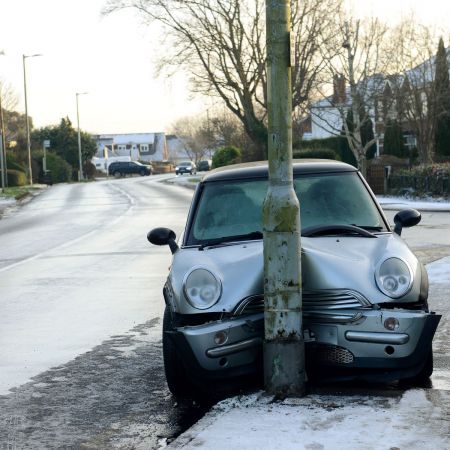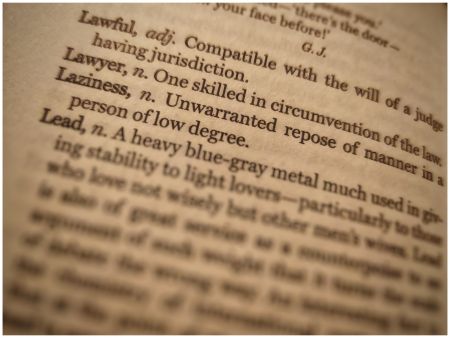Constructive
|
Constructive /kənˈstrʌktɪv/ (adj.)
An excellent legal contrivance addressing the state of affairs — or parallel universe, more like — in which one would have been, had all been well in the world, and not the utter shit-show it actually was. It starts with “constructive knowledge”: knowledge a prudent merchant ought to have had, had she stopped to think, when the historical record reveals she plainly did not. This is a cognitive state which pays no heed to the brute facts of her imperfect existence, in which her Mini is unapologetically now wrapped around a lamp-post she would have, in a perfect world, diligently known was there and diligently avoided.
Then there are constructive trusts, fabulous creatures of the courts of chancery, which deem one fellow the fiduciary of another for matters which, in plain sight, he was not.
But, like a bitey wild animal, or an ordinarily docile, if unkempt, reservoir, the concept can flood its bulwarks. So the unwilling student assures his enquiring mother that he has constructively done his homework. Well, I sure did.
The constructiveness of notice got a bit of an airing, albeit obiter dicta in that Hannibal Lecter of a decision in Citigroup v Brigade Capital Management. In New York law “it means a person either knows or has reason to know” the fact in question; “reason to know” including “other facts known to the person would make it reasonable to infer the existence of the fact, or prudent to conduct further equity that would reveal it.”
See also
- Law of Property (Miscellaneous Provisions) Act 1994 section 3(1) of which has rather a nifty rider requiring at least constructive knowledge, which rancorous chargees will try to undermine.

